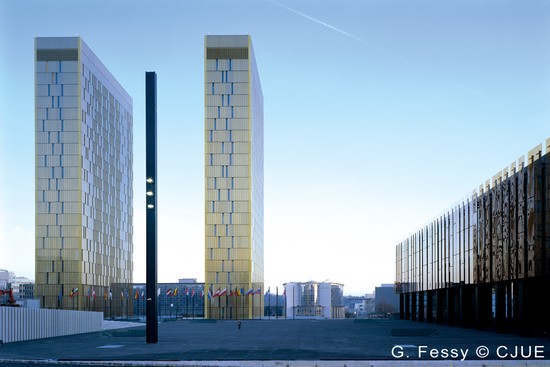(2026) Journal of Politics, pp 1-35.
CJEU judges are (re)selected by national governments for their left-right ideological preferences …

Welcome to my website! I am an assistant professor at the University of Copenhagen. I hold my PhD in political science from the University of Oslo. Previously, I have worked at PluriCourts (University of Oslo) and iCourts (University of Copenhagen), both centers of excellence dedicated to the study of international courts.
My research focuses on the selection and behavior of our representatives; be they legislators or judges. I am particularly interested in the Court of Justice of the European Union and the European Parliament. I rely mostly on quantitative methods, and have extensive experience in both automated data collection and Bayesian estimation strategies. My research is featured in places like British Journal of Political Science, European Union Politics, Journal of Politics and Journal of European Public Policy.
I teach topics on comparative politics, the European Union and research methods. This includes courses both at bachelor’s and master’s/PhD level, for students as well as professionals. My book, Lær deg R (2019) is the first introduction to R in Norwegian. You can also find it in Danish (R i praksis, 2023)
PhD in Political Science, 2017
University of Oslo
Master in Political Science, 2010
University of Oslo
Bachelor in Political Science, 2005
Université Pantheon-Sorbonne
General Academic Studies Degree in Law, 2004
Université Pantheon-Sorbonne
(2026) Journal of Politics, pp 1-35.
CJEU judges are (re)selected by national governments for their left-right ideological preferences …
(2025) British Journal of Political Science, 2025, pp 1-35.
Judges can adopt pro-individual rights agendas to promote their own …

Members of the European Parliament obtain influence from their parliamentary groups, but hold their office because of choices made by voters and national parties. This project delves into the dynamic between behavior in Parliament and electoral incentives.

What are the strategic considerations guiding decision making by the Court of Justice of the European Union (CJEU)?

I open the black box of the decision-making process to consider governments’ and judges’ strategic behavior in the Court of Justice of the European Union (CJEU).